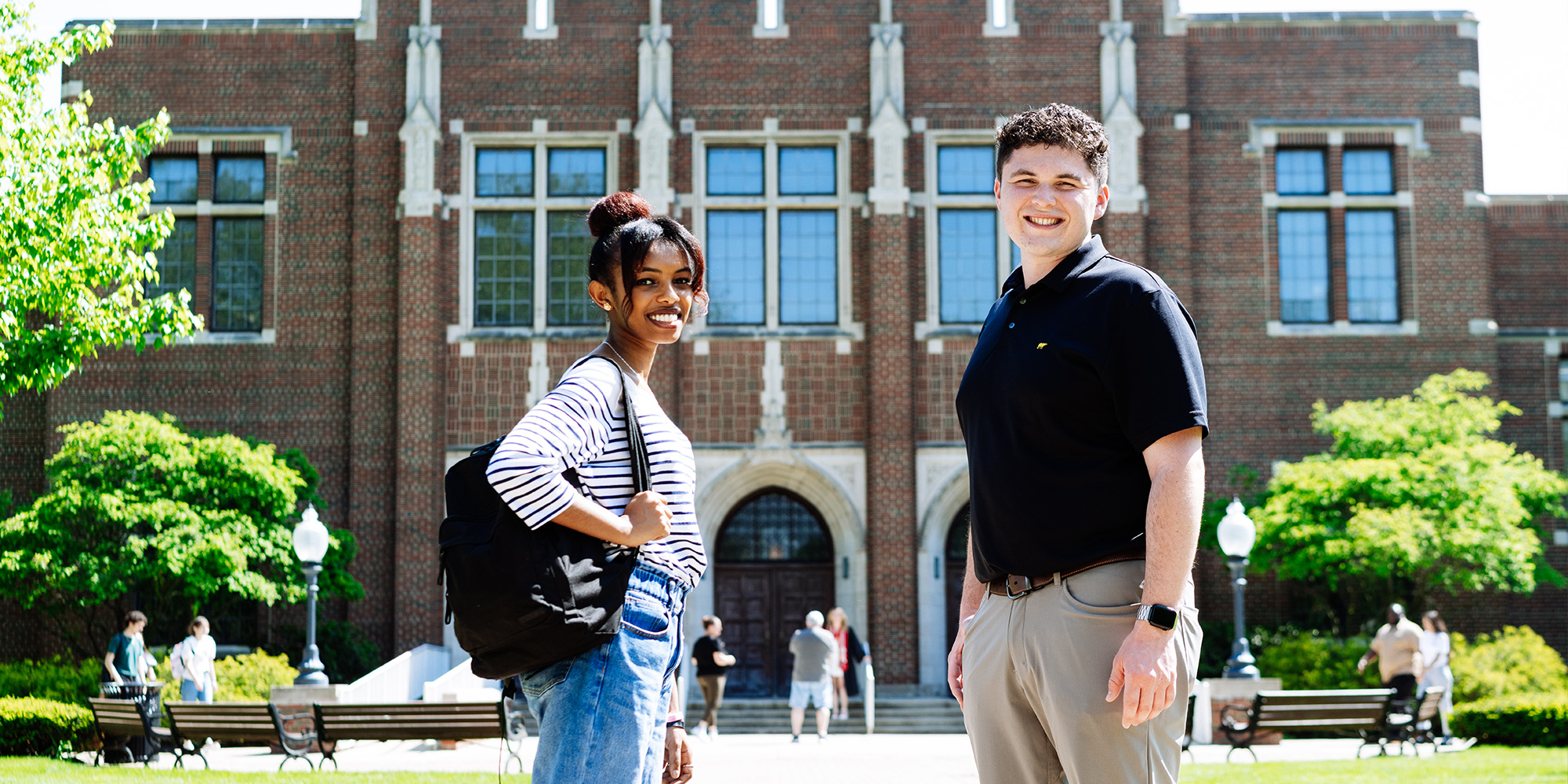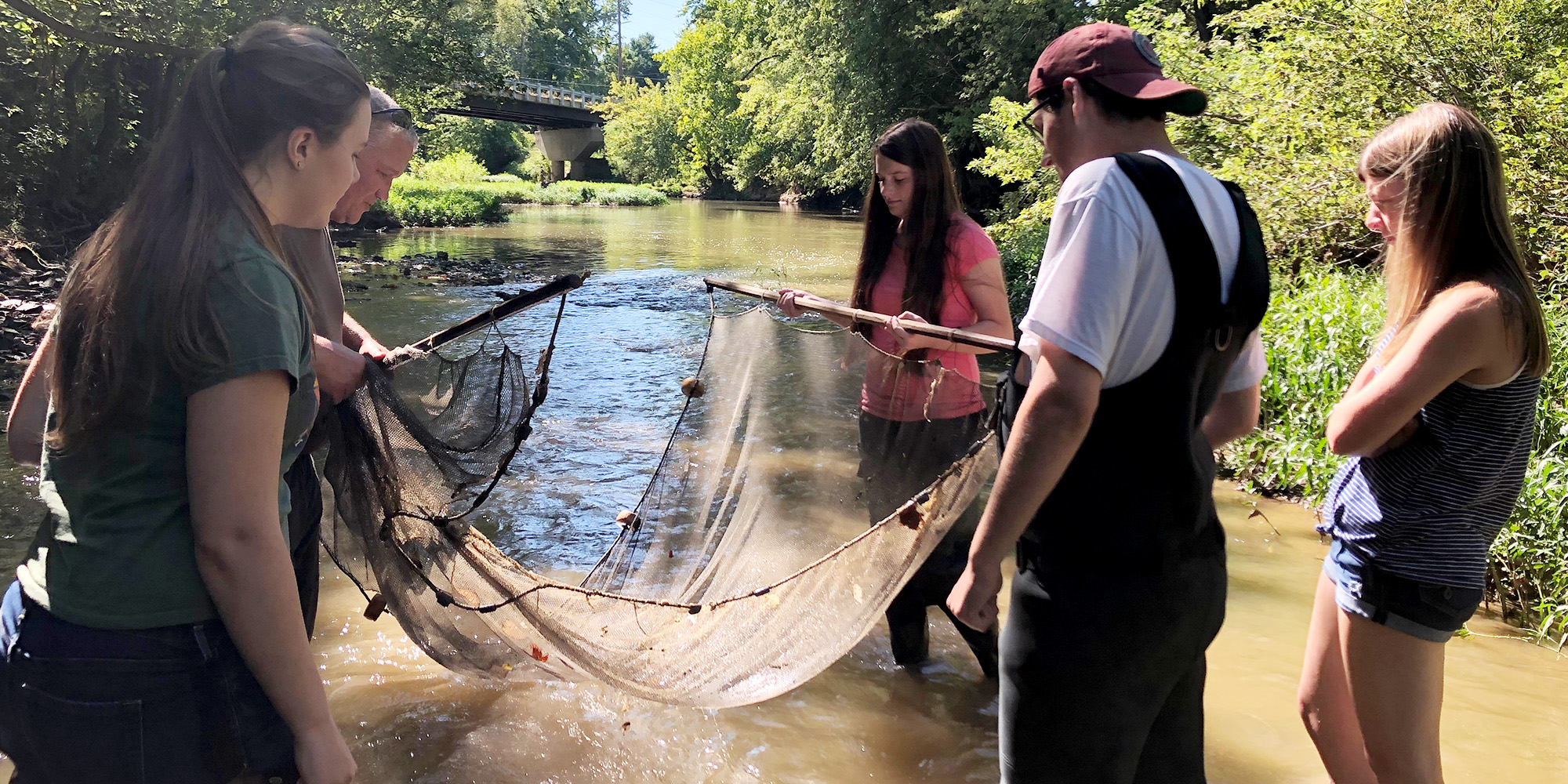Student to Faculty Ratio
Acre Primmer Outdoor Learning Center with 7 Ecosystems
Field Courses Offered Annually
Explore this Program
Study reef biology in Cozumel, Mexico and Andros Island, Bahamas. Explore tropical ecology in Costa Rica and Ecuador and Galapagos. Research environmental issues in Cuba, or take a service-learning trip to Belize, Costa Rica, Nicaragua and Panama. Capital believes that transformative learning takes place beyond the traditional borders of the classroom, lab or even campus. A well-rounded student experience includes both domestic and international settings. The department actively provides students with opportunities for experiential learning through regularly offered short-term field courses. These trips allow students to study Environmental Science topics, experience indigenous cultures, and become involved in service to the broader community.
Capital University's Environmental Science degree provides a unique educational opportunity that combines the diversity and critical thinking skills of a liberal arts education with a solid foundation in the basic sciences. The program consists of both introductory and advanced work in biology, chemistry, geology and physics. A senior research experience also is part of the program, enabling students to examine current complex scientific problems in-depth through individualized faculty-student research projects. An accompanying minor in either geology, chemistry or biology adds depth to the knowledge and experience base in at least one scientific discipline.
Capital University’s Primmer Outdoor Learning Center in the Hocking Hills region is a 74-acre property with seven ecosystems, including a 15-acre wetland, a secondary growth deciduous woodlot with groundwater seeps which feed into small streams, and restored prairie habitats. This center is used by students and faculty for research and service projects focused on ecological restoration, biological conservation, and environmental sustainability.
Sample Classes
- Foundations of Biology
- Intro to Public Policy
- Ecology
- Oceanography
- Tropical Ecology
- General Physics
Quick Links

Request Information
Request Information
Schedule a Visit
Schedule a Visit
Apply to Capital
Apply Now